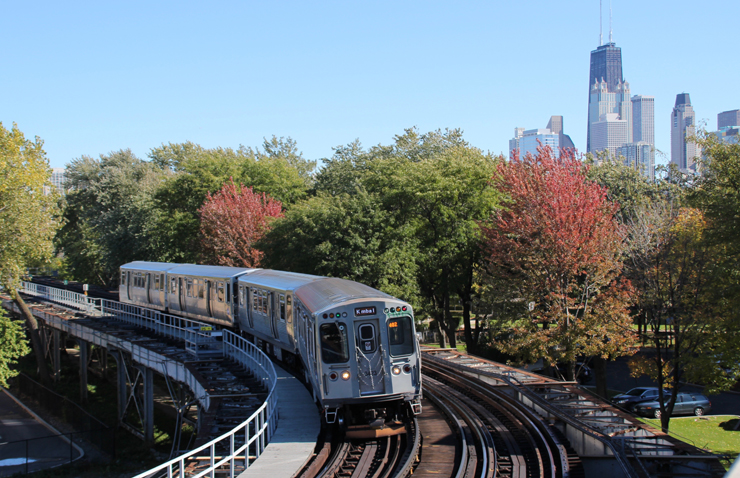
SPRINGFIELD, Ill. — The Illinois legislature has passed a package of funding measures to support Chicago-area transit agencies, while also restructuring those agencies.
The 1,043-page Senate Bill 2111 will wipe out the collective shortfall of more than $200 million faced by Metra, the Chicago Transit Authority, and bus operator Pace, avoiding CTA service cuts that were slated to begin in mid-2026. The now goes to Gov. JB Pritzker, who said today (Oct. 31, 2025) that he will sign it.
The bill avoids several new statewide taxes that had been proposed by both the state House and Senate, raising an estimated $1.5 billion through a series of moves, as reported by Capitol News Illinois: redirecting $860 million in sales tax revenue from vehicle fuel purchases, drawing $200 million from the Road Fund, usually for highway projects but also available for other transportation needs; and a 0.25% increase in the sales tax in the six counties served by the Regional Transportation Authority, expected to raise $478 million.
The CTA’s acting president, Nora Leerhsen, said in a statement that the bill “provides a transformational level of funding” for her agency while preventing service reductions and layoffs.
“With these funds,” Leerhsen said, “we will expand our bus and rail service, invest in new technologies, and implement new strategies to support our riders and employees.”
The CTA, Metra, and Pace have all released proposed budgets for 2026 including fare increases of at least 10%, as directed by their parent agency, the RTA, as well as separate budgets to cover either no increase in funding or increased state support. A statement by the RTA also called the bill transformational, and said the new funding “lays the groundwork to improve service, shorten travel times, and enhance rider experience across the region. … We are continuing to review the ball and will share more in the days ahead, including how this impacts the 2026 budget process. But today marks a turning point: A commitment to the stronger, more seamless transit system the Chicago region deserves.”
In a Nov. 3 statement, Metra said the legislation will allow it “to maintain and enhance service, avoiding debilitating and difficult-to-restore cuts and workforce reductions that would have only further weakened our system. Instead, we can now look forward to working with lawmakers, our fellow transit agencies, our employees and their unions, and all stakeholders to meet the promise of this significant legislation and establish the world-class system that our constituents and riders need and deserve.”
The legislation was passed by the House about 2:15 a.m., with only Democrats in favor in a 72-33 vote; the Senate then passed the bill by a 36-21 margin at 4:20 a.m. The times reflect that the sessions involved had continued through from Thursday, which had been the final day of the legislature’s scheduled six-day veto session.
The bill will bring an end to the RTA as it is currently constituted. It will be replaced by the Northern Illinois Transit Authority, which will have the ability to create a fare system and scheduling covering all three operating agencies. Currently, Metra, the CTA, and Pace are able to act independently on those matters.
The NITA will be governed by a 20-person board that has drawn criticism from suburban officials concerned its makeup will give the Chicago area too much authority: five members will be appointed by Chicago’s mayor and five by the Cook County Board president. The governor will appoint another five members, while each of the five collar counties — Will, Kane, DuPage, McHenry, and Lake — will each appoint one board member.
Pritzker said in a statement that the bill “makes important changes to how Illinois operates and manages our transportation network, including investing in new capital projects that will make our public transit and tollways more modern, efficient, and reliable for riders. … I look forward to signing it into law and ensuring fiscal responsibility, fairness across the state’s transportation networks, and world-class transit that keeps Illinoisans moving forward.” (Another aspect of the measure includes an increase in highway tolls to fund Illinois Tollway capital projects.)
— Updated Nov. 3 at 4:10 p.m. CT with Metra statement.






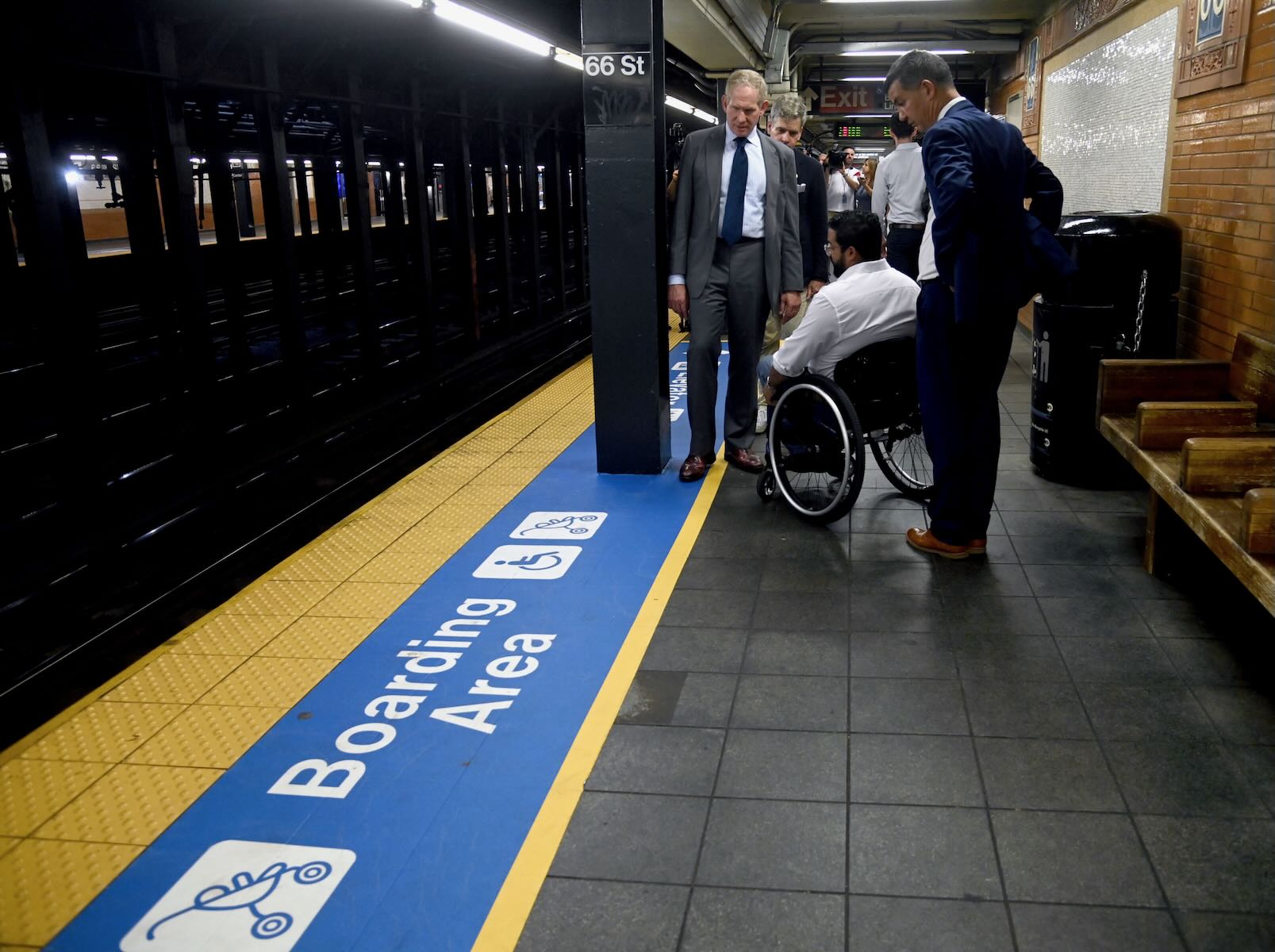
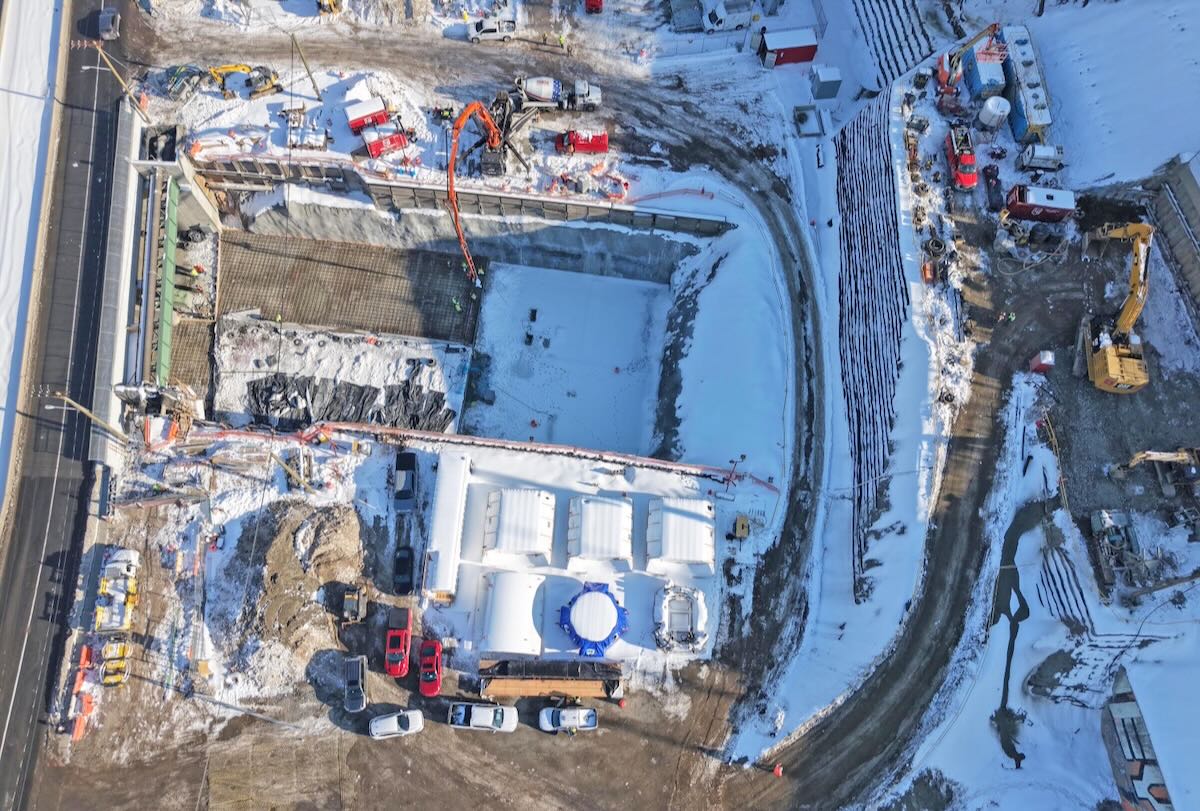
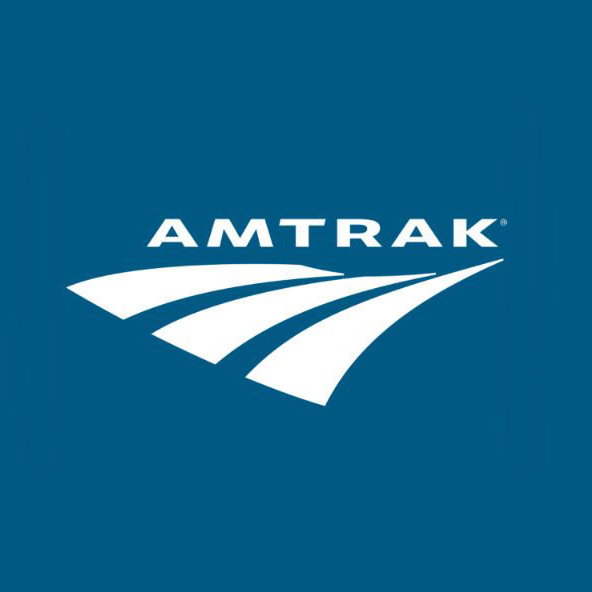
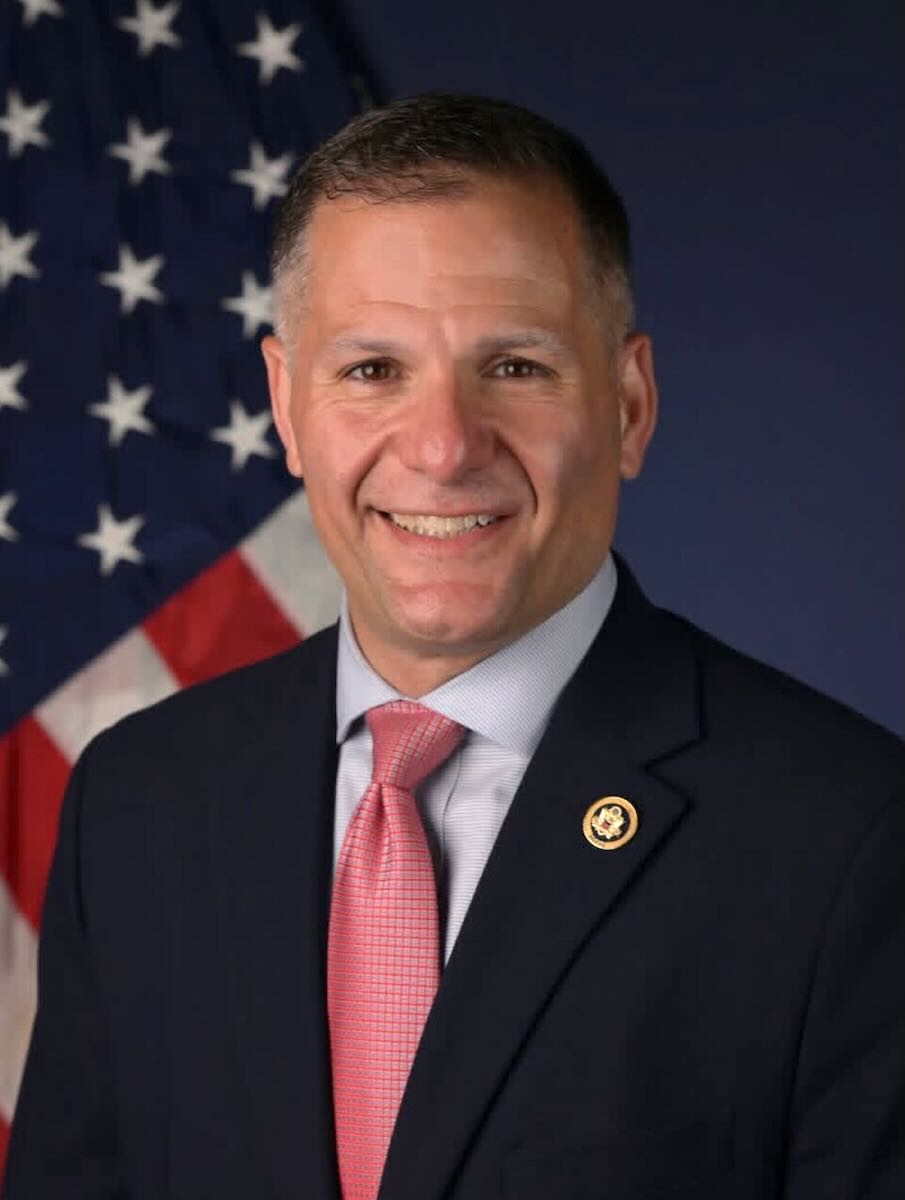




More downstate dollars being sent to Chicago. Money wasted. Let Chicagoland pay for their own transit needs.
I’m glad this passed. Highways are over crowded and slow. Transit moves a lot more people than by car in short periods of time. Also allows for density of economic activity which contributes to growth and innovation.
Exactly John.
The merciless taxation continues in Illinois,with a bonus shakedown of anyone who happens to use the tollway to pass thru this failed state.
At least the Governor won’t have to pay a billionaire tax.
Don’t come here then. Feel free to go around us.
Brings up lots of questions:
(1) Residents of the collar counties (DuPage, Lake, Will, etc.) d…ed well should be outraged and then some. —- Or maybe, the suburban voters should look in the mirror. As a staunch Republican voter in a staunch Republican county (Waukesha County, Wisconsin) I’ve always been astounded that starting with the Obama era, suburban Chicago rolled over to the Democrats. Well, here’s the price to pay. Along with all the other prices to pay with the Democrat supermajority in Springfield. I don’t think there’s any better place to live anywhere in America, than suburban Chicago. Suburban Chicago has voted itself to ruination.
(2) If the soon-to-expire RTA didn’t coordinate regional transportation and now needs to be replaced, exactly what did RTA do for the past 51 years?
(3) The RTA calls the bill “transformational”. It’s about as transformational as putting a band-aid on a cut. The bill does nothing to alter the cost structure or the catastrophic decline in ridership. What it does is increase taxes — for now until a few years down the road there will be yet another tax increase passed at one minute to fiscal midnight in Springfield.
Milwaukee is one of the hottest cities not just in the country but globally. Young people are flocking there. Waukesha County? Ageing. There’s a reason why. The young don’t share the value system.